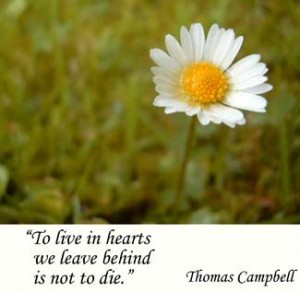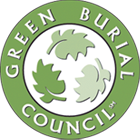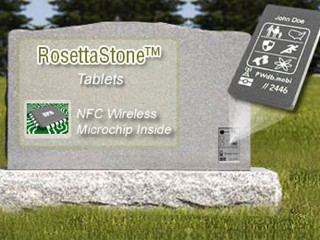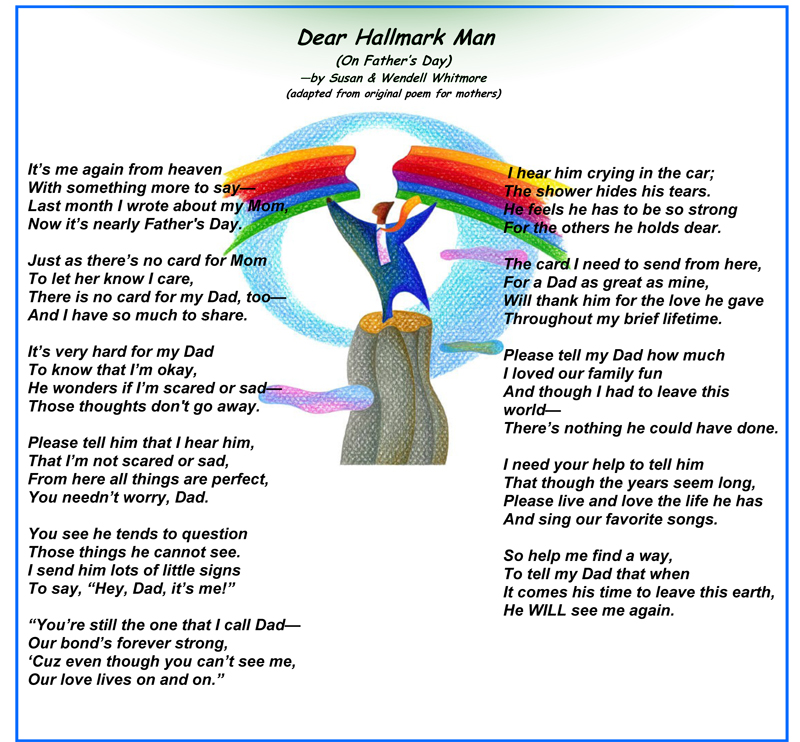Digital Death Online and Digitial Estate Planning
Digital Death and Estate Planning
What Happens Online When You Die?
While it’s a scary thought, the thought usually passes quickly, possibly accompanied with a new status update and a quick image change. However, there are a lot of people who have given the issue of digital death a lot more thought. This is particularly true given today’s new and innovative funeral and memorial services technology options.
Leading technologists around the world are grappling with the possibilities of what will happen to our online selves when we die. Currently there are no uniform policies across social media and online profiling sites regarding what happens when one of their users dies. As a result this raises questions about:
Privacy. Do you want anyone else accessing your Facebook or Twitter profiles and going through your emails after you’ve died? What about digital assets which are jointly held?
Access. Are you leaving behind the login details and passwords needed for a friend or family member to deactivate your accounts? Should the sites themselves automatically grant access to a deceased profile if a family member wants to close the account?
Legacy. Do you want your online self to remain ‘live’ as a legacy? Do you want friends and family to continue posting in your name? How do you want to preserve your digital estate planning online interactions, and how will that data stay relevant as file formats and technology change and develop?
Digital Death Day
While there may not be a holistic approach to what happens online when you die, there are a number of unique initiatives raising awareness and trialling new ideas and systems to make digital death easier to manage. For example, when the Digital Death Day conferences were held in North America in May 2011 this was the third time that attorneys, entrepreneurs, funeral directors, estate planners, researchers, archivists and leading thinkers gathered to have the conversation about the issues of family, privacy, digital property rights and the archiving and curating of data for anthropologists and future generations.
Digital Death Day calls itself an ‘unconference’ where all of the attendees work closely together to explore options for dealing with online profiles after death. Everyone is able to contribute and the first morning is spent creating a multi-track agenda from the feedback of all attendees, which makes for vibrant and relevant content. Digital Death Day explores the fact that while death is a part of life, what does that mean when most people’s end of life planning become largely digital?
Digital Death Resources
The conversation about what happens online when you die is of course taking place online too with blogs such as Death and Digital Legacy http://www.deathanddigitallegacy.com which covers topics such as how to download data from a deceased Facebook profile, how to make sure your online storage of posts, photos and files are really preserved electronically and whether you’d want your family to notify your friends of your death using your own Facebook profile.
John Romano and Evan Carroll have even written a book called Your Digital Afterlife http://www.yourdigitalafterlife.com which compares the legacy of photo albums, diaries and video tapes left behind by our grandparents, to the plethora of thoughts, feelings, images and memories we leave behind online. Your Digital Afterlife also discusses the issues surrounding passwords and who really owns your online content, as well as how that content can be preserved as file formats change.
Adam Ostrow takes the preservation of our online selves a step further in his speech at a TED conference http://www.thedigitalbeyond.com/2011/08/digital-legacy-presented-at-ted-global-2011. Ostrow’s speech titled After Your Final Status Update asks whether we could, or should, be putting our online profiles in the hands of evolving technology in order to live on – there are already programs which can predict your next tweet based on your past posts, so why not upload the collective of your online interactions into a robot, or project your personality as a hologram to go on interacting with your family and friends after you die?
Digital Death Used to Save Lives
The conversation around digital death is also being used to stop unnecessary deaths from HIV and AIDS in Africa and India. The Digital Death Campaign to Keep a Child Alive began on World AIDS Day, 1 December, with the world’s most followed celebrities sacrificing their digital selves. This means that the celebrities’ Facebook and Twitter profiles go silent until a donation of $1,000,000 is reached to bring their online selves back to life. Plus, you can sacrifice your own digital life and encourage your friends and family to donate to the Keep a Child Alive campaign, and bring you back to life online.
Three Facebook Users Die Every Minute
At this rate that means that there will be 1.78 million Facebook accounts in limbo in 2011 because those users hadn’t prepared for their digital death. That’s the equivalent of the population of Western Australia, and as users and status updates continue to grow exponentially, how many deceased pages will there be in 10 years, how will Facebook and the probably non-tech savvy families of these people manage this amount of digital content?
In 2011 there are over 500 million people on Facebook and that number is expected to double by the end of the year to 1 billion users. As you think about those numbers, consider the fact that around 1 billion pieces of information are shared on Facebook every day. That is a staggering amount of information that we all felt compelled to share, so if it was important enough to post, isn’t it important enough to preserve?
However, despite digital content growing so rapidly, there are no plans for a way to manage, archive and remove our digital content when we die. For example, if you die and your friends or family want to close down your Facebook account they have to fill out a form and provide a link to your obituary search. If a copy of a key vital statistics such as a Death Certificate is sent to MySpace or eBay the account will be closed however, closing one of the 20 million eHarmony accounts can only be done by using a Last Will, Living Trust, and power of attorney who even then can’t gain access to the account.
There are 100 million tweets being posted each day from the 175 million users, and Twitter will allow a family member to save a copy of your tweets if you die, but no one else will be given access to your account.
Leave a Digital Legacy? Or Have Your Digital Self Euthanized?
While you are alive you have absolute control over your online profiles and this is one of the main attractions of the medium – the fact that you can share your thoughts, your feelings, your questions and your experiences freely, with whomever you choose. As a result you are creating a rich database of yourself and your life experiences and isn’t that exactly why we put photos in photo albums, create a video tribute, keep diaries, have children and grow businesses – so we can leave something behind to be remembered by? So would you want to live on through your online self or would you rather leave the physical and the digital plane all together?
Digital Privacy
While most social media and online accounts have a policy to dictate what happens to your account when you die, there is still an overarching policy to protect your privacy when you are gone. For example, do you want your parents reading your Facebook status updates or do you want your partner reading through your private emails? Take a second to think about the contents of your inbox or the photos on your Facebook page – what digital dirty laundry would you be leaving behind if you died? However, it’s not only your own privacy that you should be protecting when you die, consider what would happen to the private messages stored in your Facebook or Twitter accounts, or emails which contain private information about friends, family, clients or colleagues. When you die, once private information is no longer bound by the terms and conditions of your friendship, but by the terms and conditions of your email provider or social network.
The various deceased policies of social media sites you may use include:
Twitter. Family and friends can notify Twitter of your death and your account will be removed. Family members can also save a backup of all of your public tweets. Twitter simply needs the name and contact details of the family or friend deactivating the deceased account and their relationship to the deceased, the username of the deceased Twitter account or a link to the profile page, and a link to a public obituary or news article. Twitter has the specific privacy@twitter.com email address for this process.
Facebook. Facebook has a feature where you can download all of your photos, videos, wall posts, notes, messages, events and friends which can be great for your records, as well as help your family manage your account after your death. Your family will need to know your username and password to access your account and archive the information and deactivate your account. However, even when a Facebook account has been deactivated, Facebook itself retains a copy of all information and there is currently no way to permanently delete a profile. Or family or friends can also complete a form and provide a link to an obituary to confirm your death and your profile will be officially memorialized. This means you won’t show up in Facebook suggestions and status updates won’t show up in the news feeds but your profile will remain as an online memorial technology.
MySpace. If MySpace are sent proof of death they will cancel a deceased user’s account.
LinkedIn. LinkedIn will also close your account if they receive confirmation of your death.
YouTube. YouTube allows your heir or power of attorney control of your account and all of the content.
Google + and Gmail. Google will provide account information to family members at their discretion.
Yahoo and Flickr. Yahoo owns Flickr and as a result both sites have a strict digital death policy, that once they receive a copy of your death certificate they will permanently delete all of your accounts and their contents so that no one but you can access them.
Hotmail. Hotmail will send a copy of all email messages which are stored on the account and the current contacts list to help your family notify your contacts of your death. Hotmail will then close the account on request.
eBay. Your family will need to fax a copy of your death certificate to eBay to close an account and all customer details are then deleted from the eBay database. eBay may also need to call to verify the account information.
PayPal. PayPal will need to view a death certificate before closing an account, and if there is money in the account a cheque will be issued in the name of the account holder.
Match.com. Match.com will block the account of a user who has died so that it is no longer visible on the site and your power of attorney will need to contact Match.com to retrieve account information.
eHarmony.com. Your eHarmony account will remain open until a family member or power of attorney contacts the site. Even then no third party will be allowed to access your account and eHarmony will close the account.

























